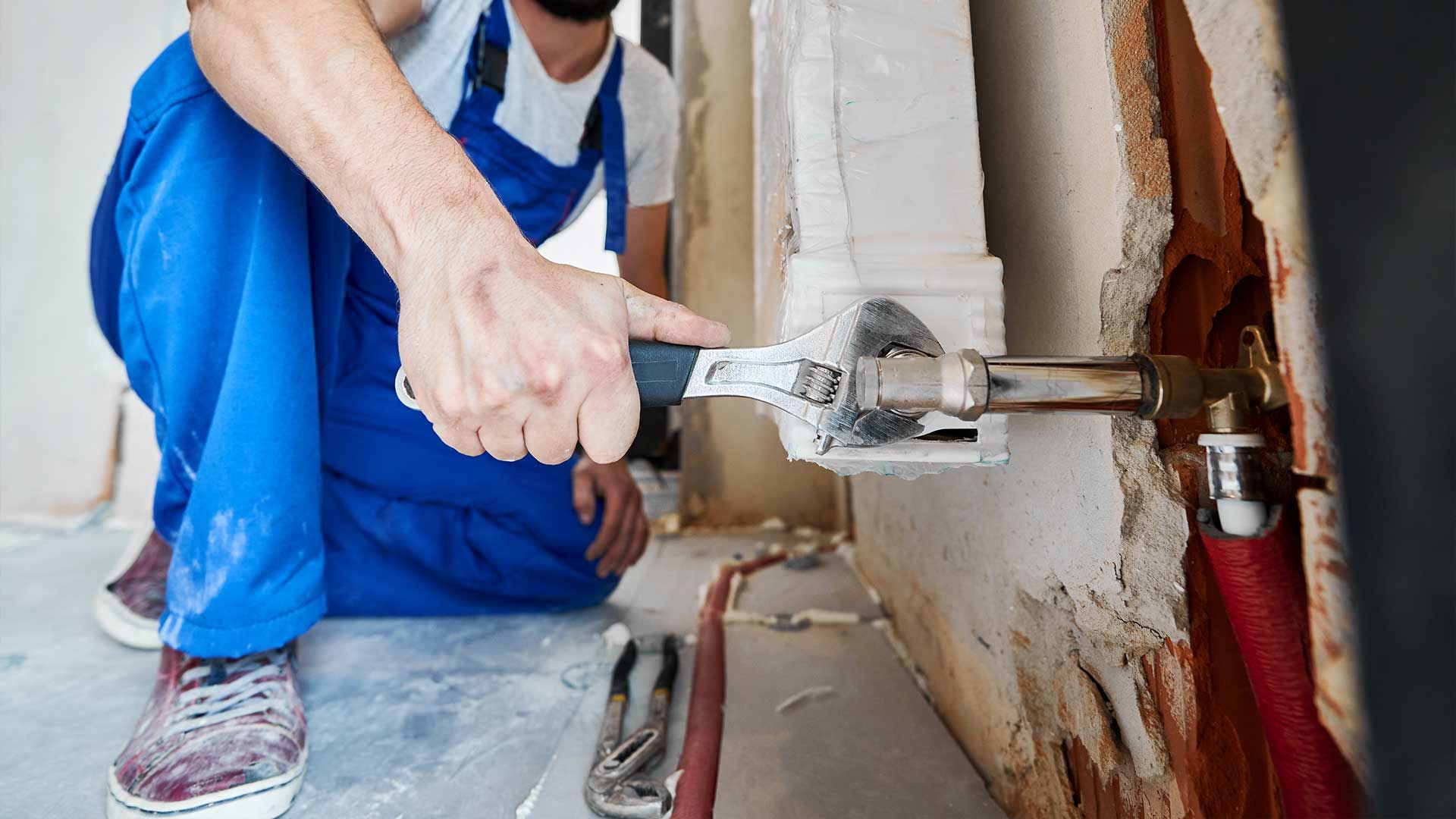Residential water damage is a common issue that can cause significant damage to your property and lead to costly repairs. Fortunately, there are steps you can take to prevent water damage from occurring in the first place. By being proactive and taking precautions, you can avoid the hassle and expense of dealing with water damage.
In this article, we will provide you with some of the best ways to prevent residential water damage. We will discuss the importance of regular roof inspections, keeping your gutters clean, checking your plumbing, installing water alarms, maintaining your appliances, knowing your water shut-off valve location, waterproofing your basement, being mindful of landscaping, and having your home inspected by a professional. By implementing these preventive measures, you can ensure that your home remains safe and free from water damage.
1. Inspect Your Roof Regularly
The roof is one of the most important parts of your home, and it is also one of the most vulnerable to water damage. It is essential to inspect your roof regularly to ensure that it is in good condition and free of any leaks. Check for any missing shingles, cracks, or other signs of damage. If you notice any issues, have them repaired immediately.
2. Keep Your Gutters Clean
Gutters play a vital role in directing water away from your home's foundation. However, if they become clogged with debris such as leaves, twigs, and dirt, water can overflow and damage your property. Regularly clean your gutters to prevent this from happening. It is recommended to clean your gutters at least twice a year, preferably in the spring and fall.
3. Check Your Plumbing Regularly
Plumbing problems such as leaks, burst pipes, and damaged seals can cause significant water damage if left untreated. Regularly check your plumbing system for any signs of leaks or damage. Look for any wet spots or water stains on your ceilings, walls, or floors. If you notice any issues, have them repaired immediately.
3. Install Water Alarms
Water alarms are an excellent way to prevent water damage. These alarms detect water leaks and alert you before any significant damage occurs. Install water alarms in areas where water damage is most likely to occur, such as near your water heater, washing machine, and sump pump.
4. Maintain Your Appliances
Appliances such as washing machines, dishwashers, and refrigerators can cause water damage if they malfunction. Regularly maintain your appliances to prevent them from malfunctioning. Check the hoses and connections for any signs of damage or wear and replace them if necessary.
5. Know Your Water Shut-Off Valve Location
In case of a water emergency, it is essential to know where your water shut-off valve is located. This valve will allow you to turn off the water supply to your home quickly, preventing further damage. Make sure that all members of your household know where the shut-off valve is located.
6. Waterproof Your Basement
Basements are one of the most common areas in a home to experience water damage. Waterproofing your basement can prevent water from seeping in and causing damage. Consider installing a sump pump and a perimeter drainage system
to keep your basement dry.
7. Be Mindful of Landscaping
Landscaping can also play a role in preventing water damage. Make sure that the ground around your home slopes away from the foundation to direct water away from your property. Additionally, avoid planting trees and shrubs too close to your home's foundation, as their roots can damage your plumbing system and foundation.
8. Have Your Home Inspected by a Professional
Finally, it is always a good idea to have your home inspected by a professional to identify any potential water damage risks. A professional inspector can identify issues that may not be immediately apparent, such as mold growth, foundation cracks, or hidden leaks.
Don't wait until it's too late! Take action now to prevent costly water damage to your home. By following these simple steps, you can minimize your risk of experiencing water damage and save yourself from the headaches that come with repair and restoration.
Inspect your roof regularly and repair any damage promptly to prevent water from seeping in. Keep your gutters clean to ensure that water flows away from your home's foundation. Check your plumbing regularly for leaks and damage and have them fixed right away to prevent further damage. Install water alarms in areas where water damage is most likely to occur, and maintain your appliances to prevent malfunctions.
Knowing the location of your water shut-off valve is crucial in case of a water emergency. And waterproofing your basement can go a long way in preventing water damage in this common problem area. Be mindful of your landscaping, too, and make sure that the ground around your home slopes away from the foundation.
Finally, consider having your home inspected by a professional. An expert can identify potential risks that may not be immediately apparent, such as mold growth, foundation cracks, or hidden leaks.
Take action now to prevent residential water damage before it happens. Your home is your biggest investment, and protecting it should be a top priority. By following these tips, you can ensure that your home remains safe, dry, and protected for years to come. Don't wait until it's too late – start taking steps today to protect your home from water damage.



